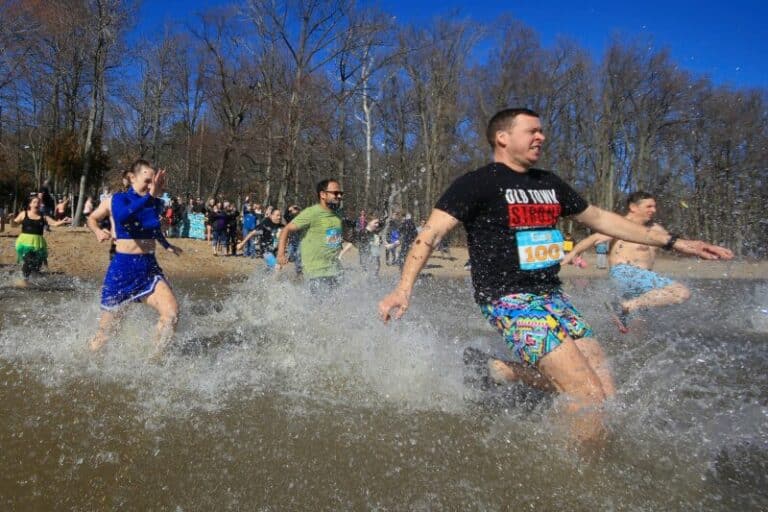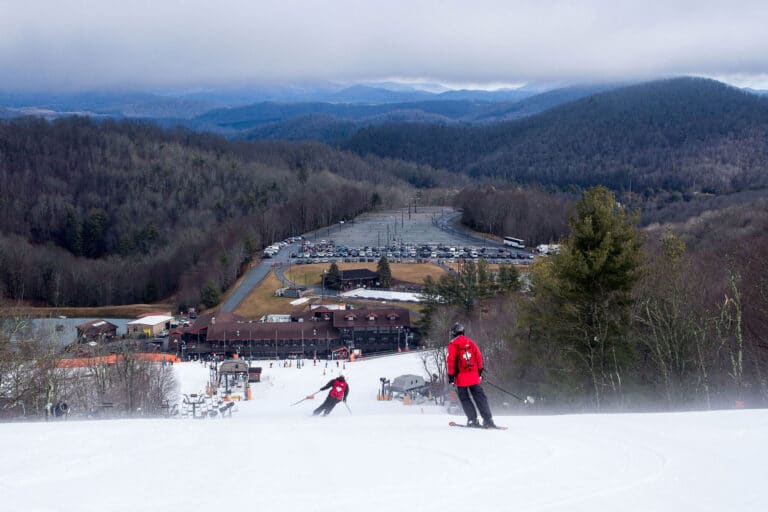
Barefoot Running: Fad or Revolution?
Fad: 63% Foot and leg injuries happen enough in running, and that’s with protection. Once these runners realize the pain that’s coming from running barefoot, they will be back in shoes. Running naked sounds good, until your bits-and-pieces are swinging. —Marshall Brown, Herndon, Va.
It’s a fad to go out and pronounce yourself a “barefoot” runner. Athletes have been training barefoot for years, and kids in third world countries have been doing it forever. Going barefoot for any activity has its benefits, and so does wearing shoes when necessary. Don’t be an idiot and go screw up your feet when you should be wearing proper protection. —Tim, Denver, Colorado
It’s not even really barefoot running. These runners wear FiveFingers or other minimalist shoes. In a few years, we’ll be sold another “revolutionary” bill of goods, and told we have another kind of shoes to buy. —Rick Mancine, Charlotte, N.C.
Revolution: 37% Our feet have a natural instant feedback that sends messages to our body to keep us properly balanced. When we constrain our feet by wearing traditional shoes or sneakers, this feedback system becomes distorted and muffled. Any workout becomes a different exercise when done barefoot. New muscles come into play. Whether it’s running or a different form of exercise, barefoot training helps one become more aware of the connection between the ground and the body. —Susan K., Miami, Fla.
Fads come and go, but this movement has actually been around a few years and is only getting more popular. Studies that have taken years to conduct are now being released showing the benefits of running barefoot. And, as more running shoe manufacturers keep making minimalist models for the masses, it is apparent it is here to stay. —Thomas Hollowell, via e-mail
Bushwacking: Cool or Not Cool? Cool: 58%
There are unexplored places on the map that are not accessible by trails. I do a lot of bushwacking, but I am careful about the impact I am imposing. Many people want to keep people out of the wilderness, and thus keep impact to a minimum. They want to keep the general public on the cookie cutter, wide, paved gravel trails found in many state parks. Everyone should be able to actually experience wilderness, not just an idea of wilderness. Getting to these wild places should not be limited to only those with a degree in ecology. I’m sick of the snobbery involved in the outdoor community. Folks who do bushwack need to follow Leave No Trace guidelines, but when people are properly educated, the impact left in most cases in nominal. Instead of trying to keep people out of the wilderness, how about working towards educating folks to be more thoughtful and considerate when entering the woods? —Brandon, Boone, N.C
Not Cool: 42% I know that bushwacking can be fun, but unless your job requires it, stay on the trails. Bushwacking by its very nature can be destructive if you are not careful, and most people are not. We have many great trails in the Virginias and Carolinas and it will take a lifetime to hike them all, so please stick to them. —Mark Wenger, Charlottesville, Va.
As an ecologist 99.9% of my work requires bushwacking off-trail, because that is the way to do species and natural area inventories. Years of experience, a super-trained eye for minutiae, ultra-careful footsteps, and slow movements are required for this work. The general recreational trail user can cause unintended damage to rare species, wildlife, and their habitats. I think it’s best to just stay on trails. —Kevin Caldwell, Marshall, N.C.
 Winner!Congrats to Mark Hutchens from Subaru and Blue Ridge Outdoors. Mark’s great response won him an Apple iPad!
Winner!Congrats to Mark Hutchens from Subaru and Blue Ridge Outdoors. Mark’s great response won him an Apple iPad!
What do you think?
Respond online to our next Switchback question and you’ll be entered to win a snowboard setup from Peter Glenn Ski & Sports. For more prize package info, go to BlueRidgeOutdoors.com







